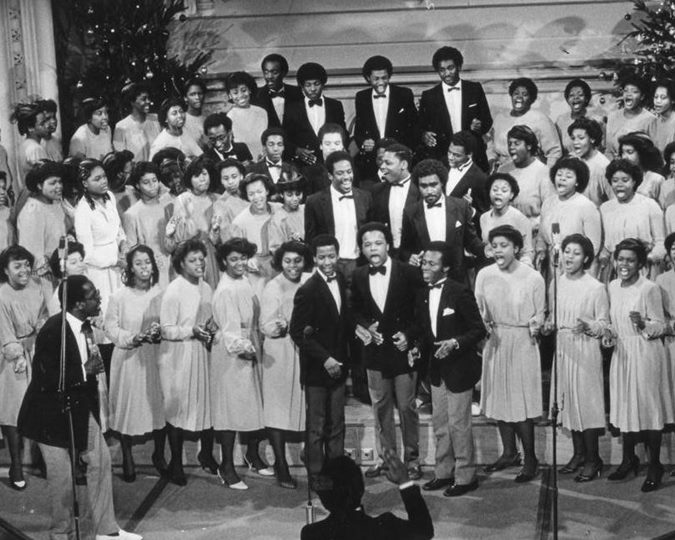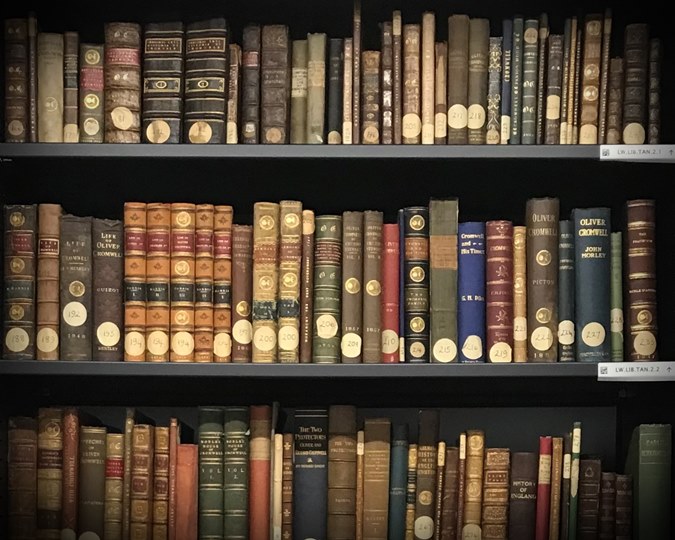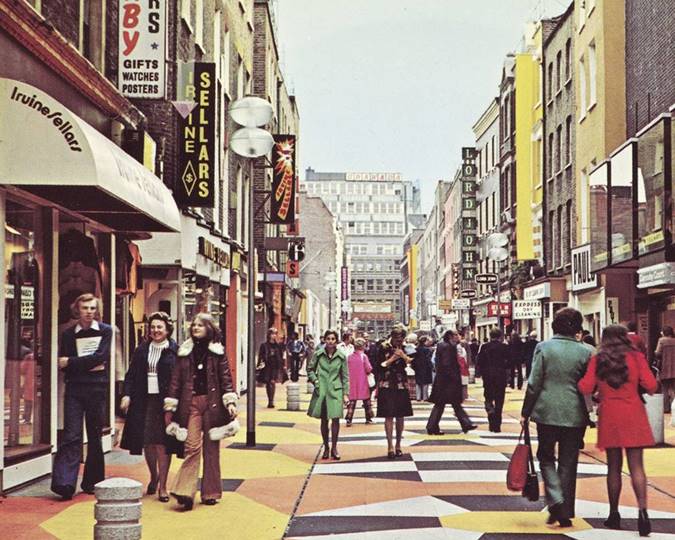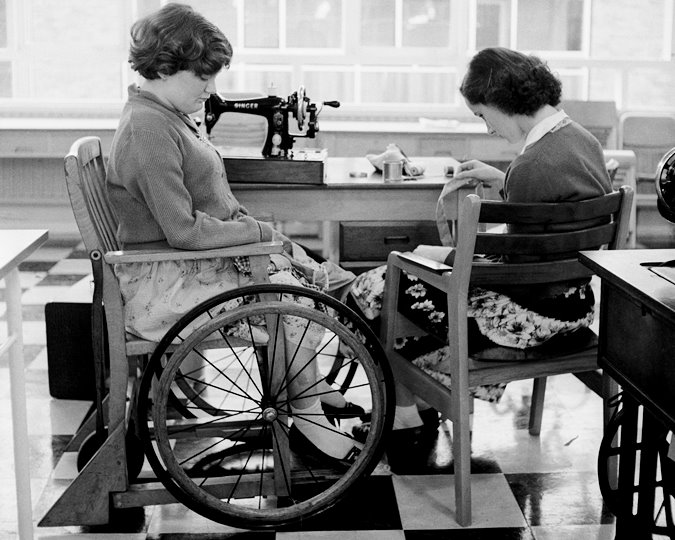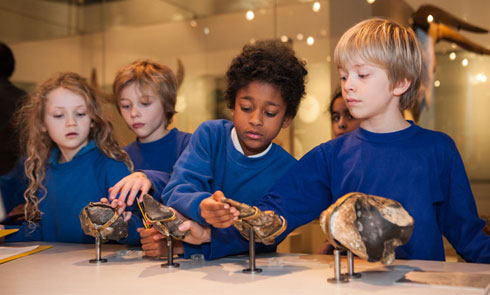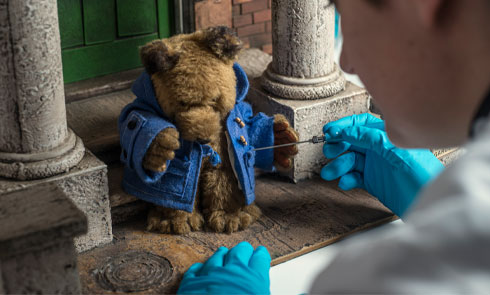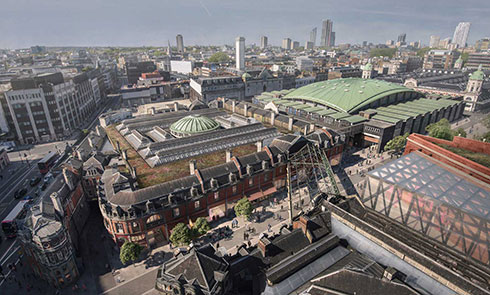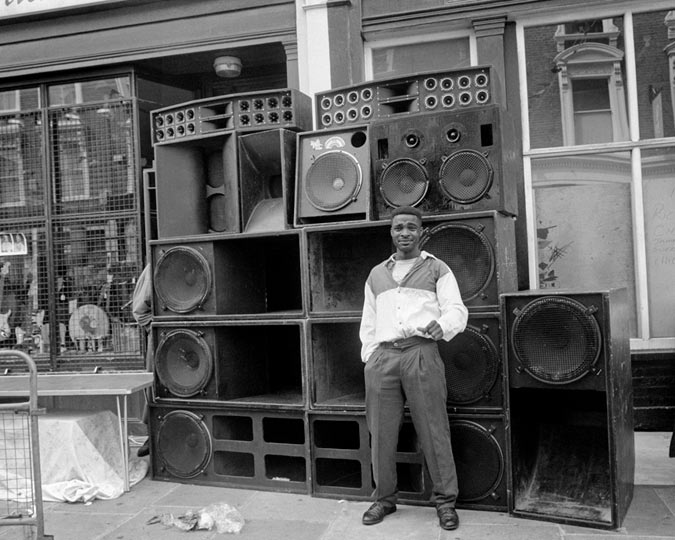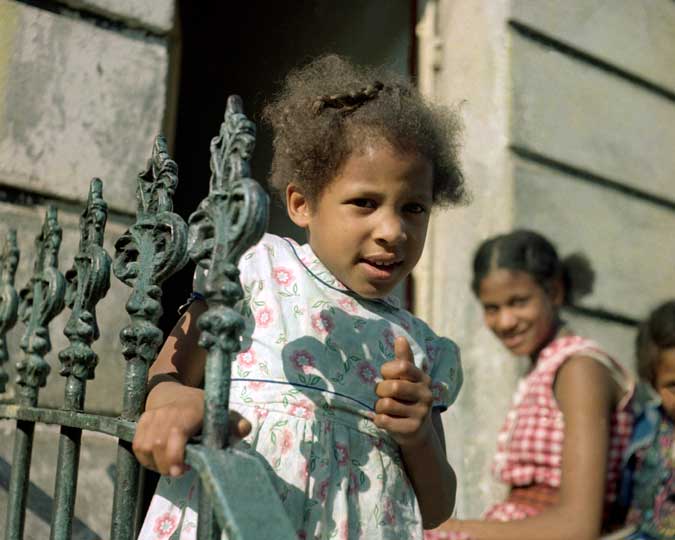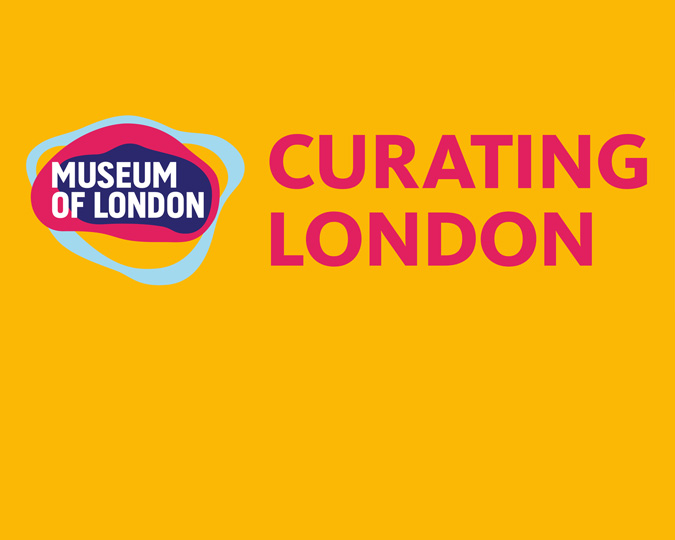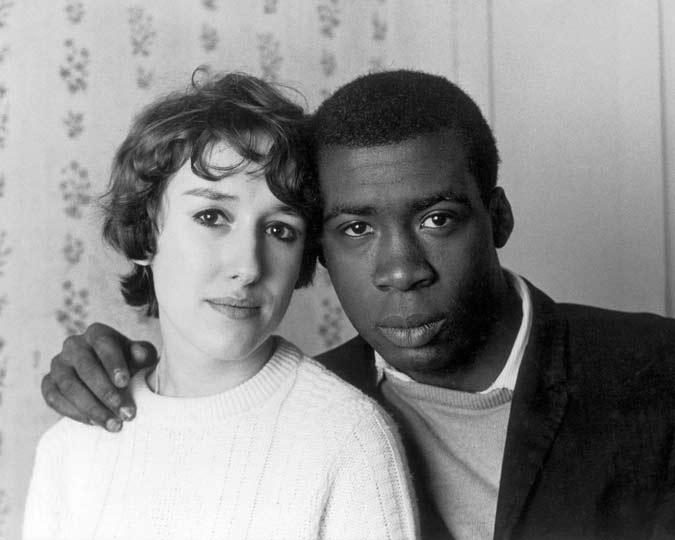The audio clips presented here are part of our Oral History collection and were selected by two volunteer researchers as part of Listening to London, a community-led research project in which Londoners are delving into our collection to form new interpretations and surface stories which might otherwise have been overlooked.
What did Britain look like to the people who came over from the Caribbean after 1948? Did it fulfil their dreams of security, education and professional development? And which repercussions did Windrush have on their children and the generations still to come?
Jasmine and Shanice, two of our Listening to London researchers have curated a selection of Oral Histories relating to the experiences of the Windrush generation, and explain here why they chose them, and the themes that stood out to them.
Jasmine:
"This clip highlights how people in the Caribbean were sold a dream of Britain which was not a reality. It conveys how people from the Windrush generation, had to face overt/covert racism. This is still very much the experience of African-Caribbean people today. The speaker chose to educate the perpetrator of racism towards her. There is strength in the speaker's sense of self throughout detailing her experience."
Interviewee: And so when I came to London I was so shocked because I thought it was so dirty and so broken down and so, so much smoke coming out.
Interviewer: What year are we talking about?
Interviewee: 1969
Interviewer: 1969
Interviewee: The beginning of 1969. And it was, it was depressing, it was really depressing. Course I had to remember that we were invited to come and rebuild Britain. So I thought well, you know, there must be a reason for this. It’s after the war and it’s taken time to do this. So it’s, it’s um it’s understandable that the place seems to be in such a mess. And um and so we settled down and went to school for the first 3 months without going on the wards. And eventually we went on to the wards as um student nurses.
And it was a very hostile environment.
Interviewer:In what way? Can you describe?
Interviewee: The white people that we were caring for, most,they were all white. Very very very few West Indians or Black people as patients.
Interviewer: As patients ah
Interviewee: Throughout my 3 years of nursing. Um, and they were very rude. Very hostile, very rude, very well for want of a better word ignorant about the rest of the world. They didn’t know where Trinidad was. They kept saying what part of America?, what part of Jamaica?, what part of Africa? What part of Europe is Trinidad?
Interviewer: Yes indeed,indeed. You know you speak with positivity and hopefulness can you give me an example of,well, someone who let’s say was quite ignorant and rude? Who actually changed their mind, in actually getting to know you or can you remember?
Interviewee: yes um. Well the patients, I mean when I decided to stop crying and to get a grip. Because that was the other thing and it reminded me so much of what Floella said this morning in the lecture. She said you know, about the bullies and her mother talking to her. I used to cry and I rang my mother in Trinidad and I told her this place is awful. It’s cold, it’s damp, it’s grey, It’s dirty and broken down. So much building sites everywhere. And about the people who were so rude and horrible. And I want to come home. And she said “come home to do what?” She said “listen. I did not send you, you did not go to London to like the city or to like the people. You went for a purpose. You are there to study and do better in life so that you could come home and have a rewarding and fulfilling future and make something of yourself. You didn’t go to like people and if they don’t like you that is their problem anyway.” Yeah, she said that, that her mother told her that and my mother told me, well she is Trinidadian too. So that’s how the mothers were. They were strong, independent women.
Interviewer: How did that make you feel? when she said that to you?
Interviewee: Well, quite amazing and it, it you know you start to reflect and think right yes.
Interviewer: Fuck this
Interviewee: And then around the same time when I got to grips with myself, not hearing it from anybody else. Was when this man, who was in long term, kept calling us monkeys. How are your treehouses? You know, how are your treehouses? How do you get up there? And how do you get around? Donkeys, monkeys, you know? And one day he said something like that or he said you Black something to me. And I said listen. I am sick of you calling me names. I said I am Black. For 21 years I know I’m Black. So tell me something I don't know. And he stood up and he said, what do you mean? I said exactly, tell me something I don't know because I am aware that I am Black for 21 years. And that changed everything for me and for him. He started to ask, you know, more decent questions. Until I ended up taking photo albums onto the ward to show him. I said oh I brought something for you to see. I said have a look while I do my work. And I showed him,you know, that we had cars, we had indoor toilets.
Jasmine:
"This resonates with me as being a third generation descendant of Windrush myself, it interests me how others identify all sides of their heritage. The clip highlights the internal difficulty of choosing how to merge all parts of a persons' identity. It also relays the idea/experiences of having others chose your identity for you based on their own preconceptions. Which, being mixed race myself, is a notion I am all too familiar with."
Interviewer: Do you feel British?
Interviewee: I don't know if I feel British.
Interviewer: English? You Jamaican?
Interviewee: I’m Jamaican. I’m always gonna be a Jamaican even though I live in England. I’m always gonna, inside of me Jamaica is always, I always talk of it as home. Not necessarily that's where I am going to go and live again but inside of me it’s
Interviewer: Where you came from?
Interviewee: Yeah and inside of me I’m still Jamaican. I can’t say that I think of myself as being British. No I can’t. I live here
Interviewer: I’m from. I’m from
Interviewee: I’ve been here 50 years and I still can’t. I always think of myself as Jamaican.
Interviewer: I’m born here, I’m born here and I sort of feel like a Jamaican. Because both of my parents were born there. I do use the terminology of Black British to kind of, to call myself. Im born in the sixties and to sort of, to kind of call myself, what is my identity? But with my parents both being Jamaican I feel very much, that’s very much part of my identity.
Interviewee: because of, it’s because you kind of grew up in the same way. You sort of grew up in a Jamaican household as well.
Interviewer: yes you grow up in that situation.
Interviewee: It’s not that you grew up in a British household. You grew up in a Jamaican household.
Interviewer: That’s right.
Interviewee: So you’re Jamaican at home. But when you go out and at work and stuff. Maybe you're more British?
Interviewer: That’s right.
Interviewee: It all change when you get home. My kids um, I think
Interviewer: Feel? Half and half maybe?
Interviewee: Half and half yeah. Cuz after yesterday my son said, I mean, oh I’m English. Black people don't normally say their English, people don’t say their English
Interviewer: I know they say their English but have they actually started to say that? Or?
Interviewee: Yeah because people are afraid to , I think people are afraid to say that they are English cuz they are afraid to offend
Interviewer: offend, yeah
Interviewee: English means that you’re
Interviewer: haven’t got any other ties
Interviewee: you’re white. British is a bit different.
Interviewer: British is like, can encompass being Scottish, Welsh, Black, Brown or Asian, Indian,
Interviewee: Kids that are born here who are Black
Interviewer: this that and the other.
Interviewee: When you look at the form it doesn’t say English, does it?
Interviewer: no
Interviewee: It says Black British
Interviewer: It always says Black British. Or do you feel that or, I’m still very torn what to tick sometimes
Interviewee: tick other. Tick other
Interviewer: They go, are you mixed? And I think no my parents are, what does that make me? You know what does it all mean?
Interviewee: Yeah
Interviewer: Somebody called me a Dogler earlier on? Do you know what that means?
Interviewee: A Dogler? Oh yeah they said that, I swear they only say that because you got Asian
Interviewer: yeah because they could see that I had Asian blood, African blood so. Guayana
Interviewee: Guayanese
Interviewer: They call that.
Interviewee: because my friend is Guayanese and she used to debate it.
Interviewer: A Trinidian women called me that she said I thought you were a Dogler.
Interviewee: In Jamaica they would call you a coolie, they used to call me a coolie. It's a bit degrading, it’s derogatory
Interviewer: It is derogatory.
Jasmine:
"This honest and joyful conversation displays the typical day-to-day life in a Caribbean household. They discuss chores and typical experiences through a nostalgic lens which brings back memeories for people from the Windrush generation who did the same things. The clip creates a sense of connection between generations as it helps descendants of Windrush paint a picture of their grandparents lives when they were children."
Interviewer: People don’t have this elongated childhood. You have responsibilities at a young age. Even if your responsibilities are just for your siblings, you have a responsibility to the house. You have responsibilities, so you don't have this elongated you must sit and contemplate the meaning of life because you are a child.
Interviewee: I don’t think that was even a question. For us it wasn’t even a question of contemplation, it’s just like these are the tasks that need to be done. You will go and get the paraffin. In the same way that you’re gonna season the chicken
Interviewer: yes, there you go
Interviewee: You’re gonna cut the fish, you’re gonna wash up
Interviewer: there you go
Interviewee: the glasses all 50 billion of them
Interviewer: there you go
Interviewee: will need to be washed on a saturday
Interviewer: and my point is I think about who is listening to this and want to re write it as child abuse. It wasn’t child abuse. Comparison Caribbean and Black Caribbeans, probably Africans as well and white Europeans have a very different notion. Or had a very different notion about childhood and the length of childhood. So you were still a child, still got treated different to an adult because you were a child, doesn’t mean you didn't have responsibilities. Whereas in comparison now you see grown people living in their parents house, their parents are feeding them. They don’t have no money, they go to their parents for money. I’m just saying there is a different idea,concept, of an elongated childhood. We didn’t have that so
Interviewee: The other thing I do think and it’s about things that you had to go and get. The other thing that we had to go and get which was made up was syrup and sarspirella. There was a woman that did the syrup and my dad couldn’t stand her. My dad couldn’t stand the woman cause
Interviewer: Did she make it? Or was it
Interviewee: She made it. The reason he couldn’t stand her is because she loved to chat. So once he was in her grips, her grasp, she took a picture of a paraffin heater too, go on. Once he was in her grasp he couldn’t leave. So he would send us to go and get the paraffin, no, get the syrup
Interviewer: syrup?
Interviewee: from the syrup woman. And in fact to this day I don't know what the woman's name is cause we just called her the syrup woman.
Interviewer: oh shame.
Interviewee: but in the same way you called it the paraffin man, the syrup women
Interviewer: It’s true!
Interviewee: I’m sure the paraffin man was not christened the paraffin man. In the same way
Interviewer: and it's the way my mum would say oh go to the paraffin man
Interviewee: The man from the prue, the man from the prue was just called the man from the prue. I don't know what his name was: john, philip, mark
Interviewer: shame.shame.
Interviewee: I don't know what his name was
Interviewer: that’s bad is it? When you think back on it
Interviewee: He was the man from the prue. The Italian man that came, the Asian guy that came with the suitcase,with the tea towels
Interviewer: shame
Shanice:
"I selected this account because it underlines the British ideologies during the Windrush era on how a person's identity should be and how they should present themselves regardless of their cultural ipseity. It is an example of the level of judgement resulting if one’s identity was not seen to fit the criteria of Britishness, albeit illogical, particularly towards Black women. One of the sisters in the recording receives a remark at her workplace that she is ‘trying to speak posh’. Her response to the comment is that when growing up as a child during the Windrush era, the expectation was 'to show yourself the best way possible when coming to another country’. In their household they were ‘not allowed to speak cockney at home’ but to speak a particular way: ‘very clear, very precise’ and ‘no lingo’."
Interviewee 1: We are not Windrush children in the sense that we didn’t come over, we were born in England but our mother and father came over from the island of Montserrat in the Carribean. Our mum came to this country when she was 18, she carried my six month old brother and our experience is really about the culture she brought with her and our experiences growing up in England at a time where migration was new, for instance when we went to school we were in a minority at school and as much as we were born in England there were clear divisions in school between those with Carribean parents and those of us who were born in England - the indigenous population. Things that I remember are all the stories mummy told us before she actually arrived in England and feeling cold
Interviewee 2: Yea, the smog, the coldness, the darkness, the smog from the factories, running for the bus, such memories that we don’t necessarily share with our generation of children now, but when we look back we still share the stories of our mother.
Interviewee 1: Yea, our mum has been really good at sharing with her grandchildren what her experiences were, so one of the stories she told is that my father had come here first and he sent for her to come, and when she arrived he took her in to get a job, and he was in the interview room with her and the boss was asking him the questions instead of my mum, until eventually my mum turned round and looks at my father and said ‘why is he asking you the questions?’ and then the boss responded something like ‘bloody hell she speaks better than I do!’ and it just makes me laugh, because even now we were brought up to speak a particular way.
Interviewee 2: Yea, very clear, very precise, no lingo!
Interviewee 1: Definitely the queen’s english, and we were told we would not be looked on well if we didn’t speak well. And now that I’m older, I’m often in the workplace and people do sometimes laugh at my accent and say ‘oh, she’s trying to talk posh’ - but when I was growing up people spoke the queen’s English, and we grew up in Islington, but we weren’t allowed to speak Cockney at home, we spoke standard English, because it was deemed that if you’re in another country you have to present yourself in the best way possible.
Shanice:
"The woman in this recording recalls her memories of the interior, decorations and the expectations of the living room in a West Indian home in the UK. The living room gave an opportunity to show what the Windrush generation ‘are really like’, and their ‘qualities unlike what people think of Black families, Caribbean families, immigrants’. This account reminds me of author and curator’s Michael McMillan’s work on Black British homes, but also my family members reminiscing about their homes when growing up."
Interviewee: Looking at the living room that my parents had, so much of it comes down to people wanting to show how nice they are, how gentile they are, how much this is what they really are like, this is what we really have as qualities, unlike what people might think of Black families, carribean families, immigrants. In our case we’d never heard of Jim Reeves, I’d never heard of Jim Reeves until we came to this country, so it was funny hearing recently of that being one of the performers that West Indian families liked when they were in this country at least. For us it was very different but nevertheless we still had tailor-made plastic coverings in the living room and no one was allowed to sit there until visitors came, we didn’t really live up there, it was for show, it was ‘the good room’, and I think that was again to show that this is how we really are, these are our values, we are nice people, and as I say I think a lot of it is down to colonialisation, to slavery, and to knowing ourselves to be better than we are thought to those outside, at least in this one space that was our own.
Shanice:
"This is an account of a woman who came to the UK in the 60s when parents her were already there during the Windrush era. The woman recalls her experience of housing (both as a child and adult) and memories of education and school in London. Although she was academically exceptional in school, she recalls how young children, especially young males, were deemed by the state system as ‘educationally sub-normal’. The woman further says that a lot of these assumptions were made because the tests that they gave took no account of cultural differences. I think it’s in an interesting and valuable account of the British education system because since the Windrush era, there are still conversations and questions raised on improving and changing the national curriculum, to not only include the cultural differences, but to also expand on the Black histories and voices from the past being taught in schools all year around aside from Black History Month."
Interviewee: School in London in the 60s for Carribean children was really hard. Unfortunately a lot of our children, especially young males were deemed by the state system to be educationally ‘sub-normal’ and a lot of these assumptions were made because the tests they gave to the children took no account of cultural differences, we even have instances of people being asked, of people not answering the questions correctly just based on the differences in currency we gave them. There weren’t pounds, shillings and pence at that time. I was very fortunate in that although I went to a really good school in the Carribean, when I came here, for some reason - still unknown to me - I was one of the fortunate few (well, the fortunate one) in my school to be placed in the O-level stream, and therefore that’s what I did. But even though my classmates were, there weren’t many Black kids, asked if they were lucky to do the CSEs. Anyway, I’ve been fortunate in that I did what I did, studied hard at school, even actually got prizes. I got a job, I worked in the civil service all my life, and it was fortunate that I eventually got a promotion and was able to buy my own home eventually.
Windrush Conversations is a collection of Oral Histories celebrating the Windrush generation and the ones who followed. They tell the story of arrival, celebrating the contribution of these communities to life in London through the recordings of these very vivid and lively conversations. Windrush Conversations were recorded at the Arrival event at the City Hall in 2018, where Londoners were asked to talk about migration in the city through the lens of arrival and welcome.
Please note, the Oral Histories available to listen to on this page are © Greater London Authority Community Engagement Team.
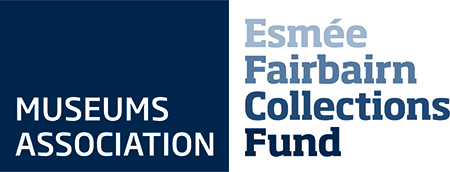 Listening to London is supported by The Esmé Fairbairn Collections Fund - delivered by the Museums Association
Listening to London is supported by The Esmé Fairbairn Collections Fund - delivered by the Museums Association

